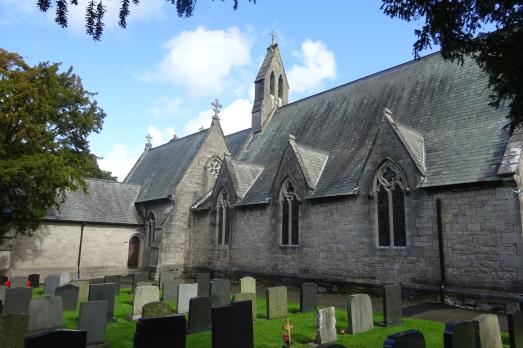
Holy Trinity
Trefnant, Clwyd | LL16 5UF
A place of welcome and peace, where a sense of both spirituality and history enfolds the visitor.
We have supported this church
Search for a fascinating place to visit, or see the variety of churches, chapels and meeting houses we have supported.

Trefnant, Clwyd | LL16 5UF
A place of welcome and peace, where a sense of both spirituality and history enfolds the visitor.
We have supported this church
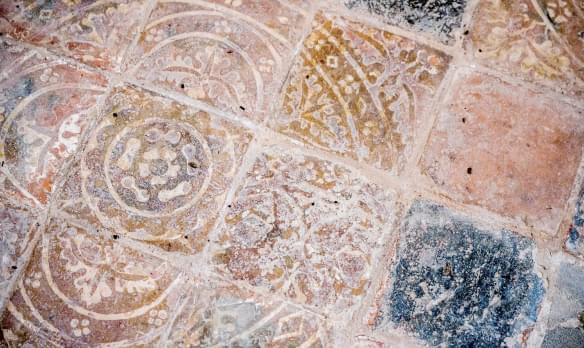
Cinderhill, Nottinghamshire | NG8 6AD
The church was built in 1855-56 as a chapel of ease to serve the miners of Thomas North’s colliery at Babbington.
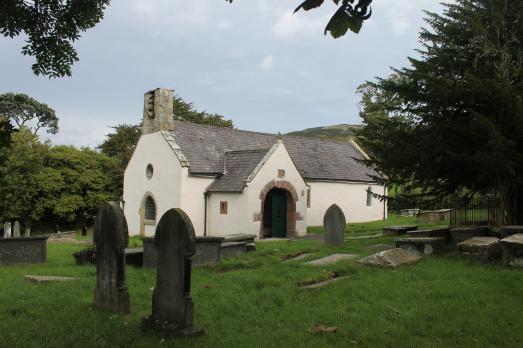
Llangwyfan, Denbighshire | LL16 4LU
A place of worship for around thirteen centuries this small, remote church on the ancient pilgrim route to Holywell offers outstanding views over the Vale of Clwyd.

Sinan, Denbighshire | LL22 9DR
A simple, spiritual building with a very special, peaceful atmosphere, where you can sit, reflect and pray as you take in the glorious views along the North Wales coast and the Clwydian range.
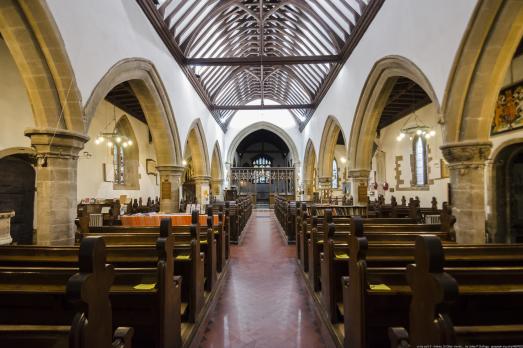
Balderton, Nottinghamshire | NG24 3LL
The village of Balderton is mentioned in Domesday and there was possibly a church of Saxon origin although no trace of this has ever been found.
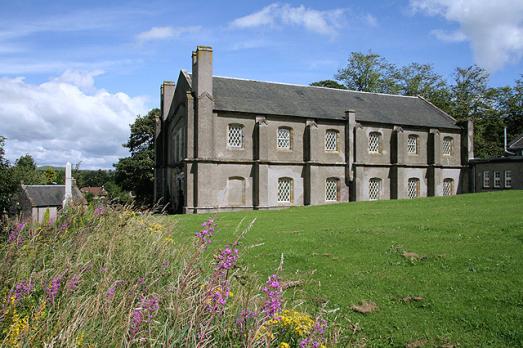
Saline, Fife | KY12 9TG
Saline church, built in 1810 to designs by eminent architect William Stark, is part of the rich heritage of West Fife, located in a prominent position in the village of Saline, a few miles north of the Fife Pilgrim Way and with some inspiring views.
We have supported this church

Broxtowe, Nottinghamshire | NG8 6GR
The church of St Martha the Housewife was completed in 1956 and the dedication commemorates the service of women during the Second World War.
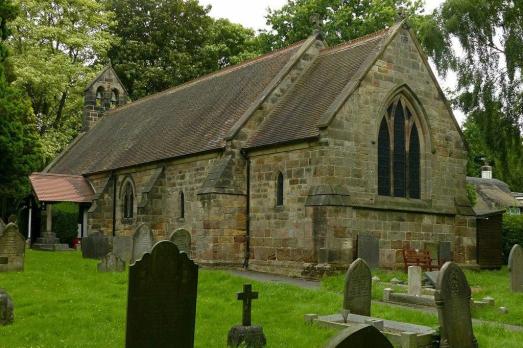
Stanley, Derbyshire | DE7 6FB
St Andrew’s church is Grade II listed, which was built around 1200 and restored in 1876.
We have supported this church
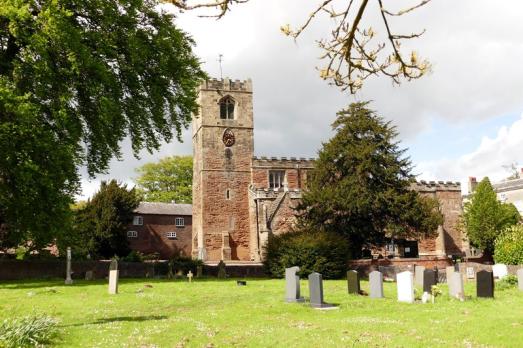
Strelley, Nottinghamshire | NG8 6PE
Beautiful building offering a glimpse of history and a quiet space for prayer.
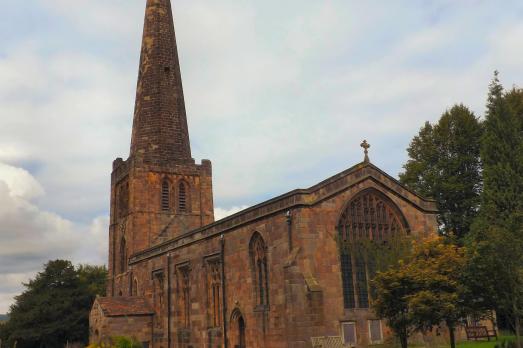
Breadsall, Derbyshire | DE21 5LD
There are no known records of a church before 1087, but Braegesheale is mentioned in an endowment charter dated 1002 of the Abbey of Burton.

Manby, Lincolnshire | LN11 8HU
From 1938 the church has had an association with the RAF and was a chapel for the School of Air Warfare until closure in 1974.
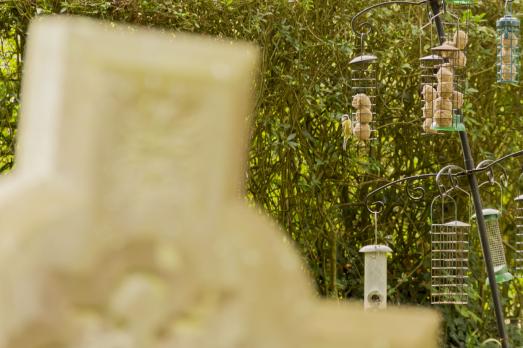
Bucknall, Lincolnshire | LN10 5DT
Built of greenstone in the early English style, St Margaret is partly 13th century with traces of Norman and the external features mainly Victorian.